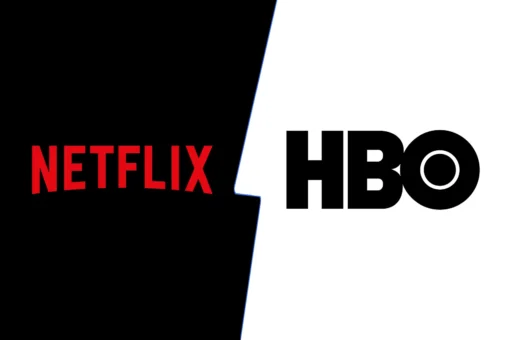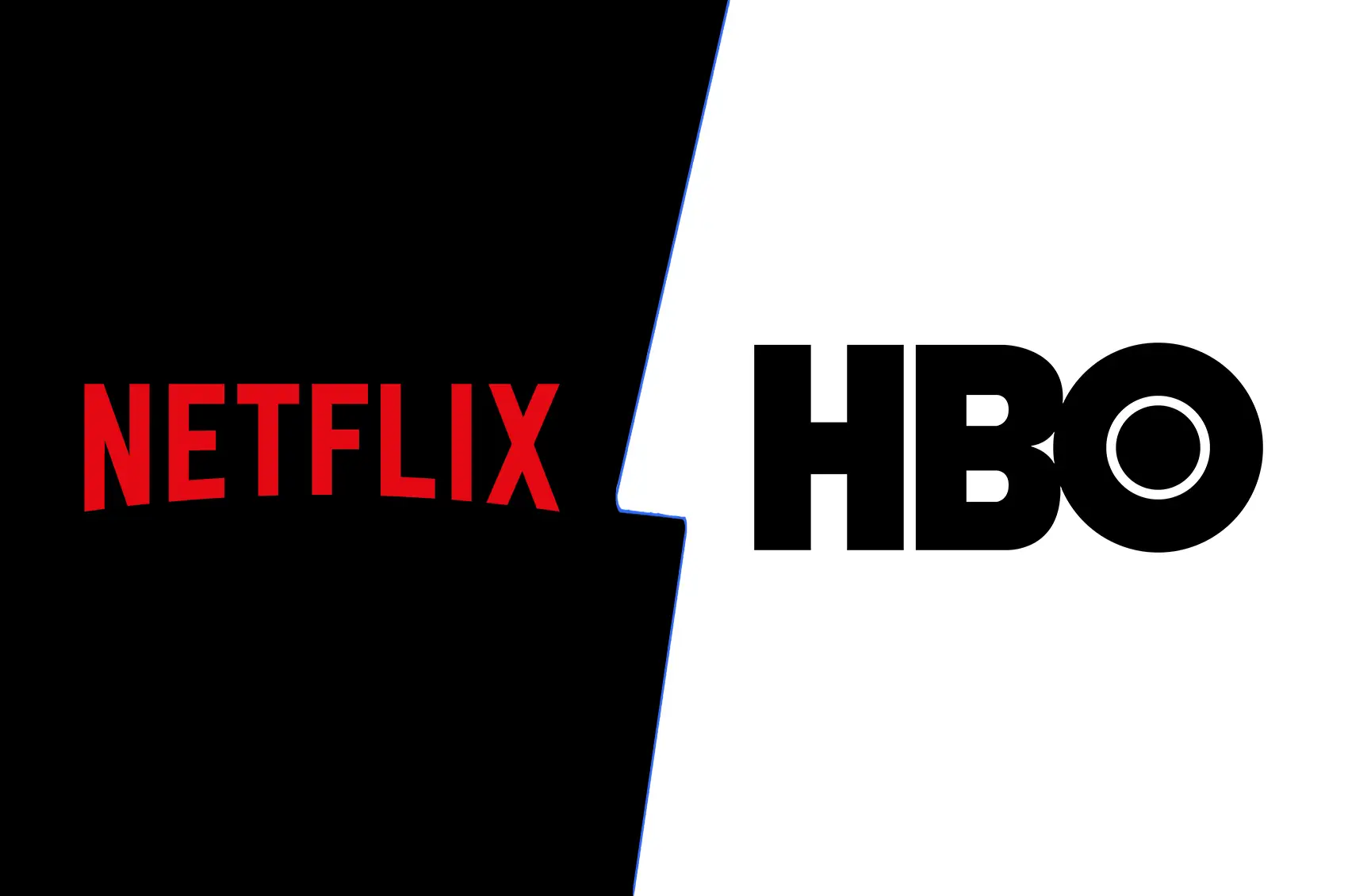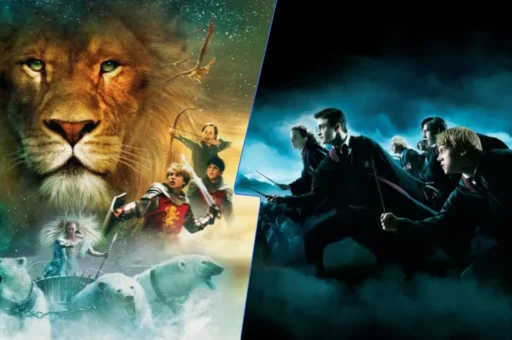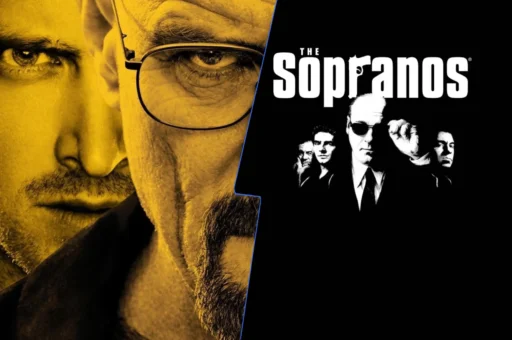Introduction: The Rise of Streaming Giants
Streaming platforms have revolutionized entertainment, making high-quality movies and TV shows accessible from anywhere. Among the leading contenders in the industry, Netflix and HBO stand out as dominant forces, each with its own strengths in original programming.
While Netflix is known for its vast library of global content, HBO has built a reputation for high-quality, prestige television. But when it comes to original content, which platform delivers the best experience? This article compares Netflix and HBO in terms of quality, volume, critical reception, awards, and audience reach to determine which service reigns supreme.
History and Background
Netflix: From DVD Rentals to Streaming Dominance
Founded in 1997, Netflix started as a DVD rental service before launching its streaming platform in 2007. Initially, it relied on third-party content, but in 2013, Netflix entered the original programming space with House of Cards. Since then, it has become a content powerhouse, producing hit series, documentaries, and films across multiple genres and languages.
-
Founded: 1997
-
Streaming Launch: 2007
-
Original Content Debut: 2013 (House of Cards)
-
Current Business Model: Subscription-based, offering ad-supported and ad-free plans.
HBO: The Pioneer of Prestige Television
HBO (Home Box Office) was launched in 1972 as a premium cable network, quickly gaining recognition for high-quality, groundbreaking programming. It became the gold standard for prestige TV with shows like The Sopranos, The Wire, and Game of Thrones. In 2020, HBO launched HBO Max, expanding its reach beyond cable to compete in the on-demand streaming market.
-
Founded: 1972
-
Streaming Launch: 2020 (HBO Max)
-
Original Content Debut: 1983 (Not Necessarily the News)
-
Current Business Model: Premium cable & streaming, with higher pricing but no ad-supported plans.
Volume and Variety of Original Content
One of the biggest differences between Netflix and HBO is content volume.
Netflix: The Content Giant
Netflix is known for releasing hundreds of original shows and movies every year, including global hits like:
-
Stranger Things
-
Squid Game
-
The Witcher
-
Money Heist
Content Output:
-
In 2023, Netflix released over 1,500 original titles, covering every genre from documentaries and anime to big-budget action films.
-
It invests heavily in international productions, making it a truly global platform.
HBO: Selective But High-Quality
HBO takes a quality-over-quantity approach, producing fewer shows but maintaining prestige and high production value.
-
Hit series include:
-
Game of Thrones
-
Succession
-
The Last of Us
-
Euphoria
-
Content Output:
-
HBO releases about 100–150 original titles per year, focusing on high-quality storytelling and production.
| Metric | Netflix | HBO |
|---|---|---|
| New Original Titles Per Year | 1,500+ | 100–150 |
| Global Reach | 190+ countries | Limited to select regions |
| Genre Diversity | Broad (Comedy, Sci-Fi, Anime, Foreign) | Focus on Drama & Prestige TV |
Quality and Critical Reception
While Netflix produces a lot of content, not all of it is great. Some titles become pop culture sensations, while others are quickly forgotten. HBO, on the other hand, has a reputation for consistently producing high-quality, critically acclaimed content.
IMDb & Rotten Tomatoes Ratings Comparison
| Show | Platform | IMDb Rating | Rotten Tomatoes |
|---|---|---|---|
| The Crown | Netflix | 8.6/10 | 90% |
| Stranger Things | Netflix | 8.7/10 | 92% |
| Game of Thrones | HBO | 9.2/10 | 89% |
| Succession | HBO | 8.8/10 | 95% |
While Netflix has more content, HBO consistently delivers higher-rated, prestige content.
Awards and Industry Recognition
Netflix’s Rise in Award Wins
-
Oscar Wins: Roma (2019), The Power of the Dog (2022), All Quiet on the Western Front (2023).
-
Emmy Wins: The Crown, Stranger Things, Ozark.
-
Total Emmy Wins (2023): 22
HBO’s Awards Dominance
-
Iconic Award-Winning Series: The Sopranos, The Wire, Game of Thrones, Succession.
-
Total Emmy Wins (2023): 38
-
HBO has won the most Emmys for best drama series in history.
Budget and Production Quality
Netflix’s Big Spending Approach
-
Stranger Things (Season 4) budget: $30 million per episode.
-
Heavy investment in global content (India, South Korea, Spain, Brazil, etc.).
HBO’s Focus on Premium Productions
-
House of the Dragon budget: $20 million per episode.
-
HBO’s shows often have better production design, writing, and cinematography.
While Netflix spends more overall, HBO’s individual projects have higher production value.
Subscriber Base and Audience Reach
Netflix: The Global Leader
-
Total Subscribers: 230+ million
-
Available In: 190+ countries
-
Top Show Viewership:
-
Squid Game: 1.65 billion hours watched.
-
HBO: Prestige, But Limited Reach
-
Total Subscribers: 80+ million
-
Available In: 60+ countries
-
Top Show Viewership:
-
Game of Thrones: 44 million viewers per episode.
-
Netflix wins in global reach, while HBO maintains strong engagement in key markets.
Strengths and Weaknesses
| Factor | Netflix | HBO |
|---|---|---|
| Content Volume | High, frequent new releases | Lower, more selective |
| Critical Acclaim | Mixed, some hits & misses | Consistently high quality |
| Award Wins | Growing, but inconsistent | Dominant in major awards |
| Subscription Cost | More affordable | Higher, but premium content |
| Global Reach | 190+ countries | Limited to select markets |
Comparison and Conclusion: Which One is Better?
-
Netflix is ideal for binge-watchers who enjoy variety and international content.
-
HBO is perfect for those who prioritize quality, award-winning storytelling, and cinematic productions.
There’s no definitive winner—it depends on your viewing preferences.
What do you think? Which platform delivers better original content? Share your thoughts in the comments!





